In a newly published book, WHO/Europe provides up-to-date guidance for ensuring healthy nutrition and physical activity of primary school-aged children while cultivating good habits that will last into adulthood. The guidance is published in the Russian language and can be used by parents and other adults working with children across the Russian-speaking countries in the WHO European Region.
Keeping children healthy and fit
Healthy nutrition and physical activity remain a serious challenge for countries of the Region. The findings of the latest round (2016–2017) of the WHO European Childhood Obesity Surveillance Initiative (COSI) indicate that 29% of boys and 27% of girls aged seven to nine years were overweight, while 12% of boys and 9% of girls were obese. In addition, the latest WHO Health Behaviour in School-aged Children report reveals that levels of moderate-to-vigorous physical activity among schoolchildren across Europe have declined by approximately one third since 2014.
To help parents keep their children healthy and fit, WHO has developed the Child Nutrition and Physical Activity Guide. In addition to parents, the guide may prove to be a useful tool for other adults (such as grandparents or caregivers) working with primary school-aged children.
“Good nutrition and physical activity habits are key to achieving the Sustainable Development Goals related to health, education, reduction of inequalities, and more. Commitments to reduce inequalities and improve health have been made by the Member States and their national governments in a series of regional and global political documents, including the European Programme of Work for the WHO European Region”, said Dr. Hans Henri P. Kluge, WHO Regional Director for Europe.
“The Global Report of the WHO Commission on Ending Childhood Obesity underlines how important it is for public health officials to promote actions to improve child nutrition and physical activity patterns across the Region”, he added.
The Child Nutrition and Physical Activity Guide is published only in the Russian language with support from the Ministry of Health of the Russian Federation for use in Russian-speaking countries. It addresses the urgent need in some countries to improve child nutrition, particularly in areas that face a double health burden characterized by the coexistence of undernutrition and overweight, obesity or non-communicable diseases. Many children in those countries never eat breakfast, and their diet consists of large quantities of sweets and sugar-sweetened beverages with almost no vegetables and fruit.
The WHO guide also offers ideas on how to stimulate children’s interest in physical activity, such as active play, exercise or sports. This is especially relevant for countries of the Commonwealth of Independent States (CIS), where, according to the latest findings, schoolchildren have low participation in organized sports and exercise. On the other hand, a high proportion of schoolchildren walk to school every day. This could be a good starting point for CIS countries to make physical activity a daily habit that not only improves children’s physical health but also promotes better mental health and well-being.
Habits for sound adulthood
“It is crucial that we tackle childhood obesity if we are to improve public health. Primary school age is a very important period of life in which nutritional and physical activity habits begin to take shape – habits which lay the foundation for health and are carried on into adulthood”, explained Dr. João Breda, Head of the WHO European Office for the Prevention and Control of Noncommunicable Diseases and lead author of the guide.
The guide aims to ensure that children obtain the knowledge and skills to make healthy food choices, critically evaluate their diet, and integrate physical activity into daily life.
The guide is divided into five parts:
- Teaching the main principles of healthy nutrition
- Establishing healthy nutrition habits
- Breakfast as one of the most important meals for primary school-aged children
- Water and its role in nutrition and the environment
Physical Activity
Each part consists of a theoretical introduction and practical lessons for children. The lessons are presented in a game and quiz format to help parents and teachers educate children with ease and enjoyment. In addition, the book includes healthy recipes and out-of-school activities that will encourage children to engage with the ideas.
“With the help of this book we can create conditions to establish healthy habits among children and give them the confidence to make healthy choices when they reach adulthood”, added Dr João Breda. “This will not only have a positive impact on economies across the WHO European Region, but good habits will in fact contribute to better health of future generations. It is a good example of how every one of us can play a role in creating a world where all people have access to the highest standards of health and well-being.”

 In a newly published book, WHO/Europe provides up-to-date guidance for ensuring healthy nutrition and physical activity of primary school-aged children while cultivating good habits that will last into adulthood
In a newly published book, WHO/Europe provides up-to-date guidance for ensuring healthy nutrition and physical activity of primary school-aged children while cultivating good habits that will last into adulthood




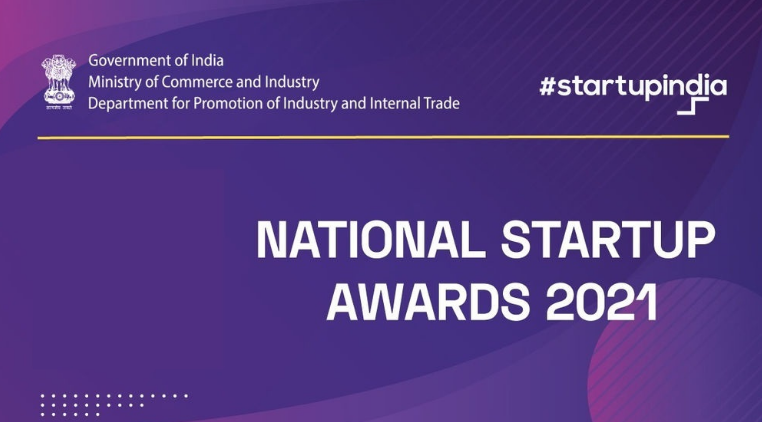
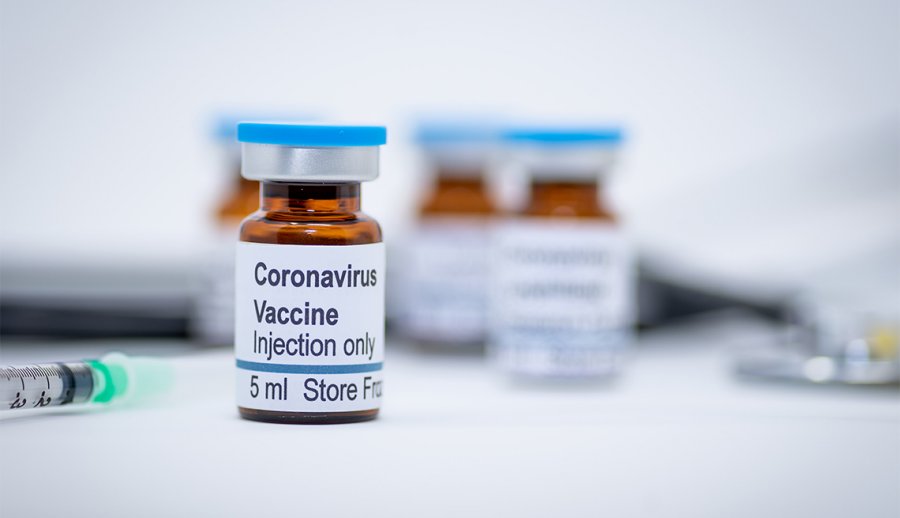
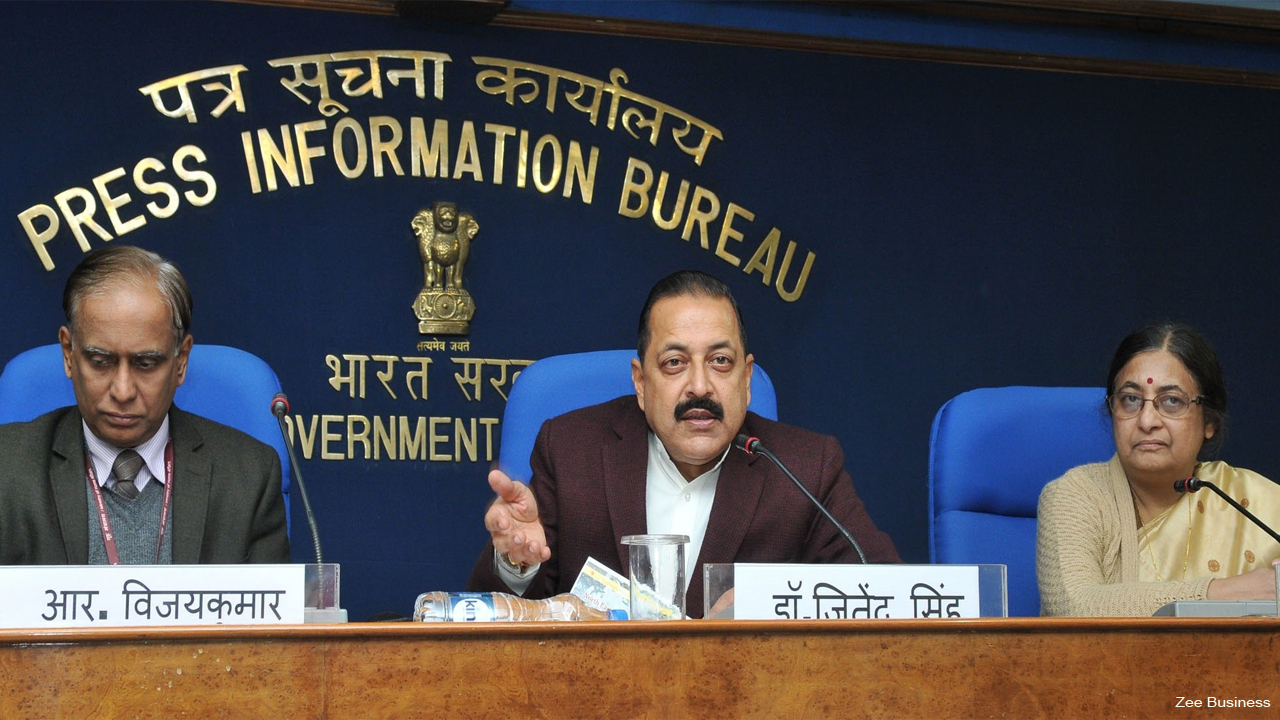
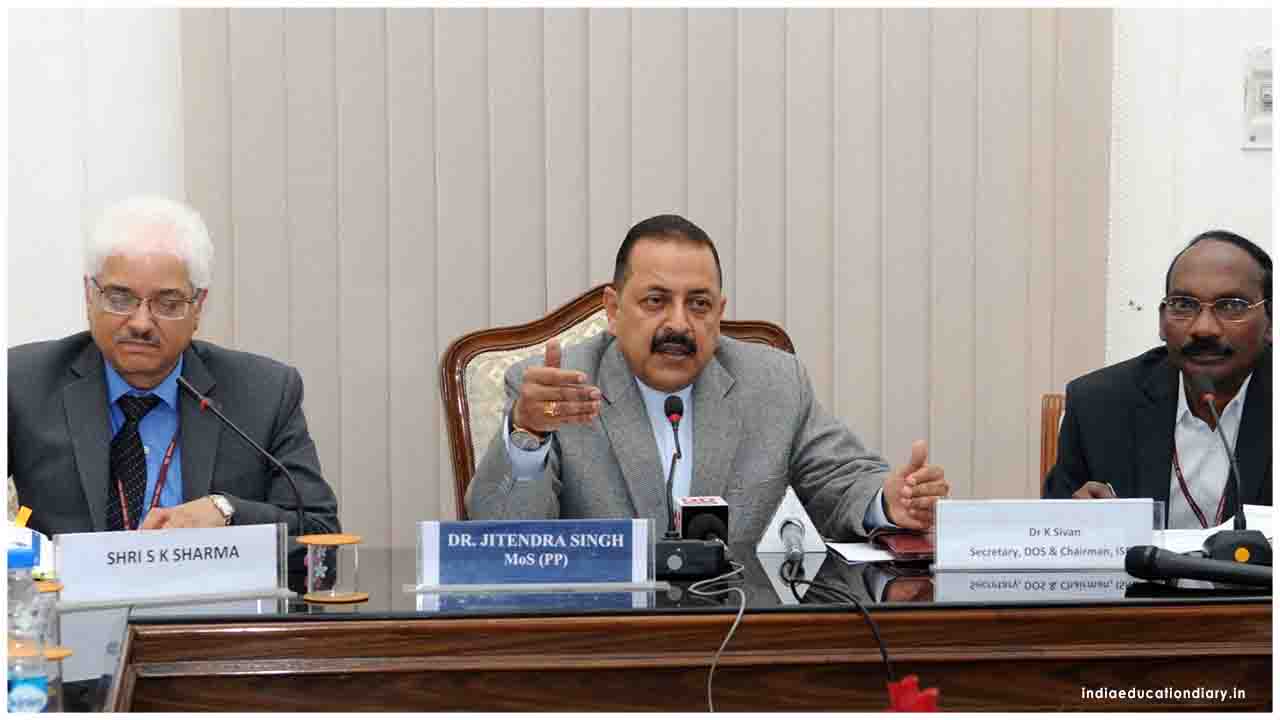
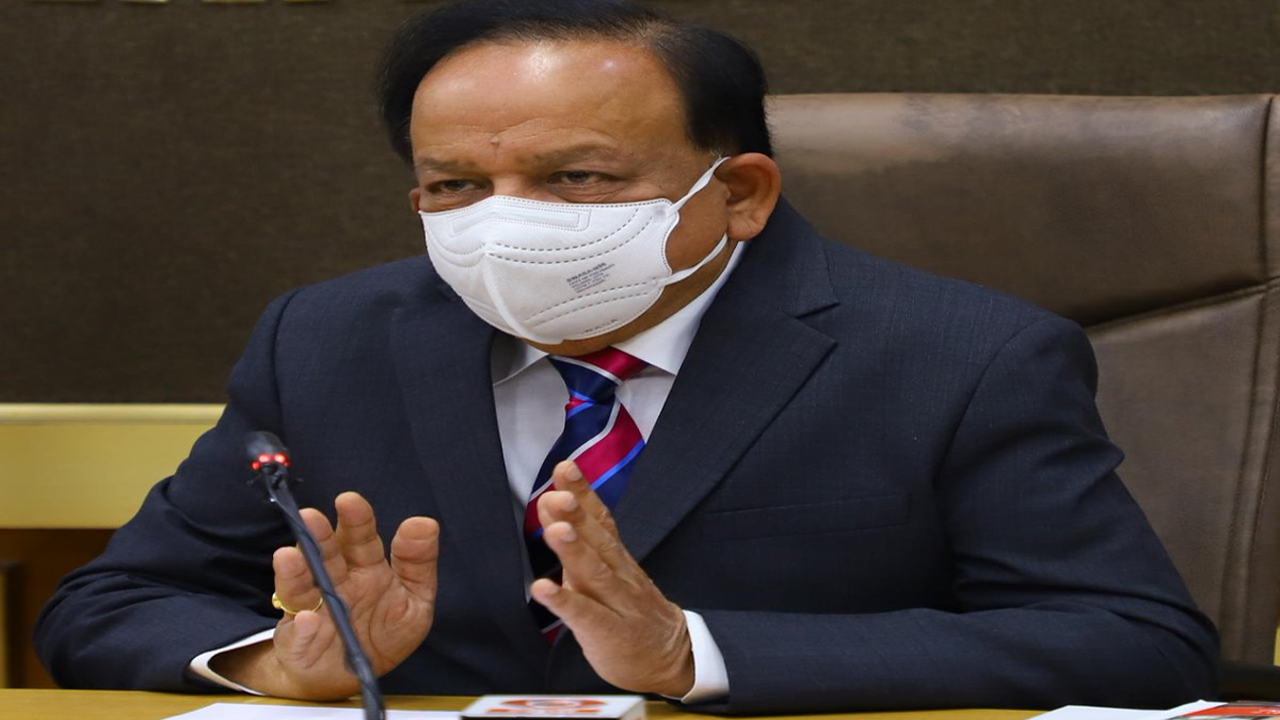
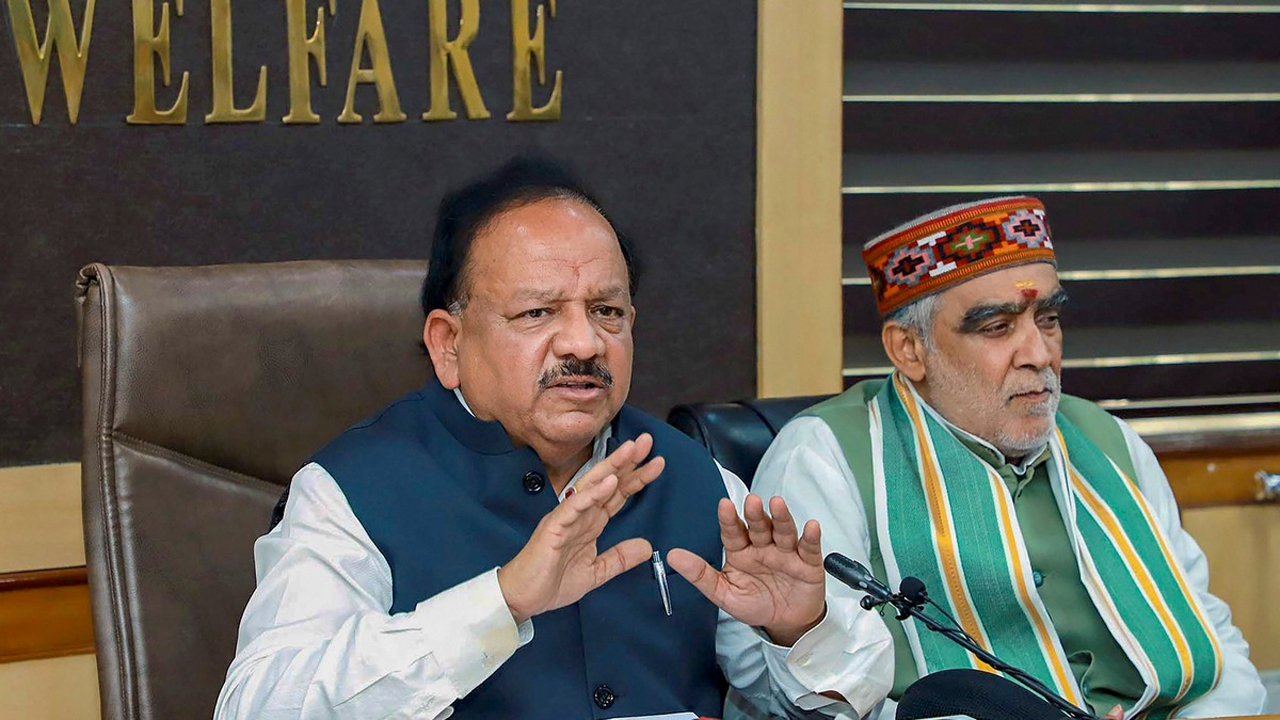
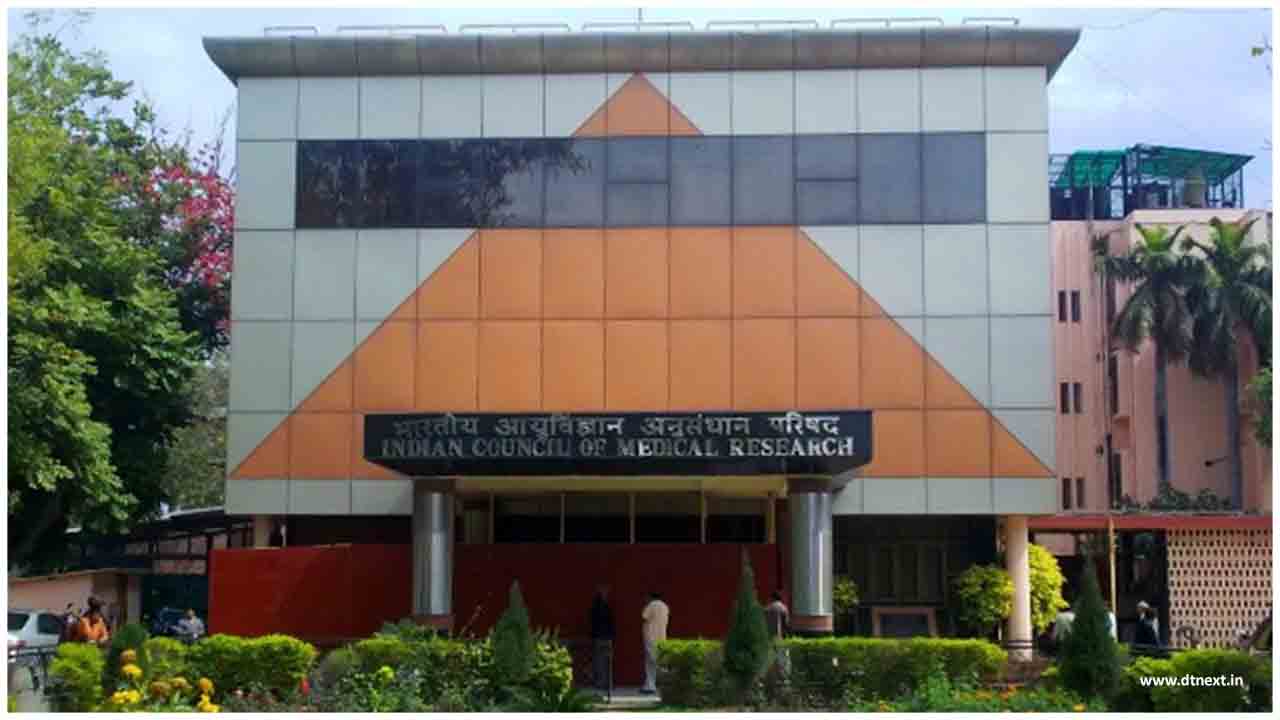

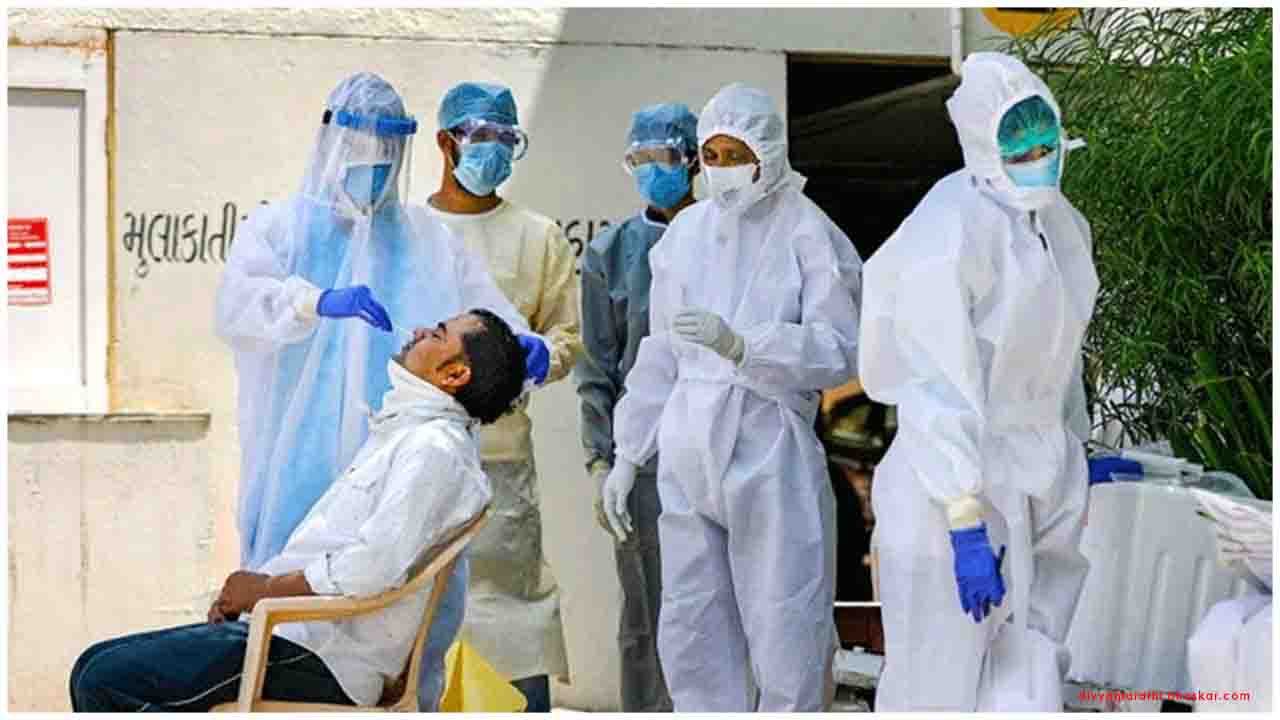
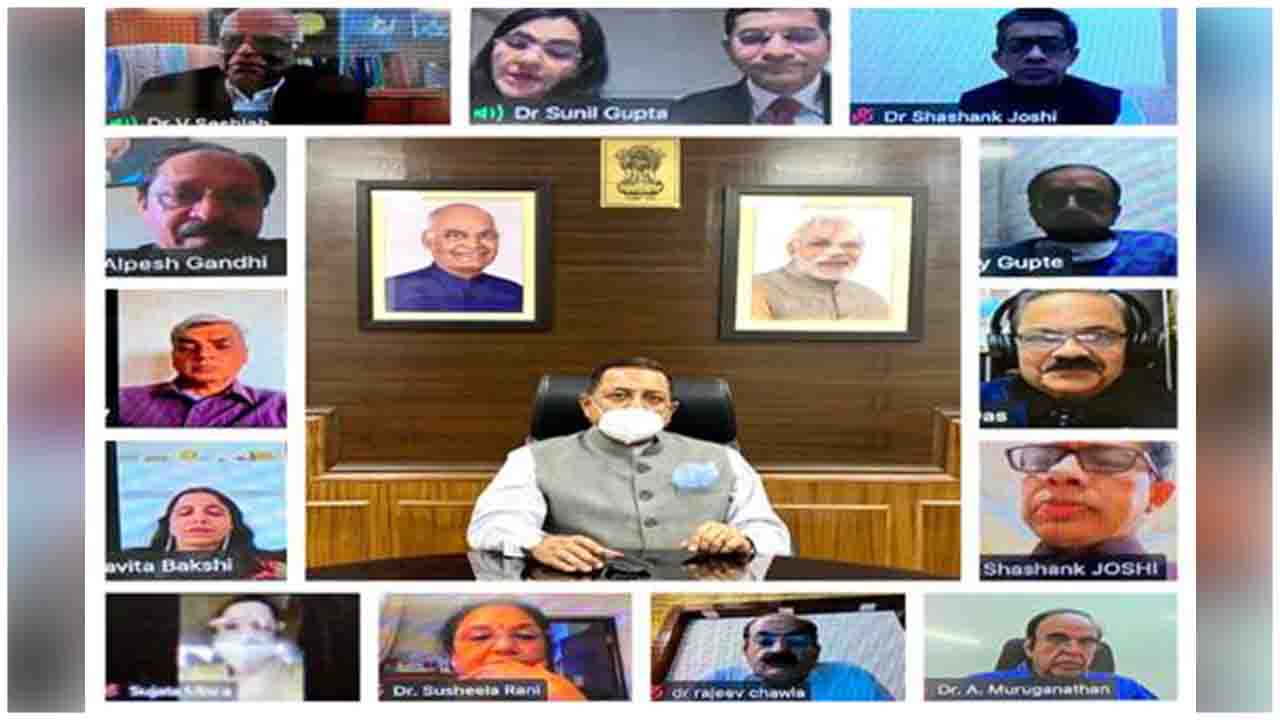





.jpeg)

.jpeg)










.jpg)




.jpg)

